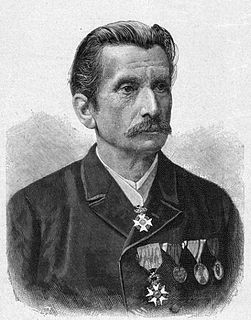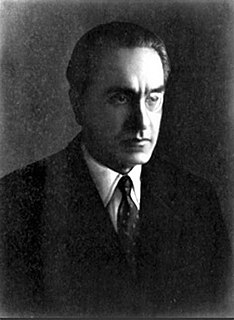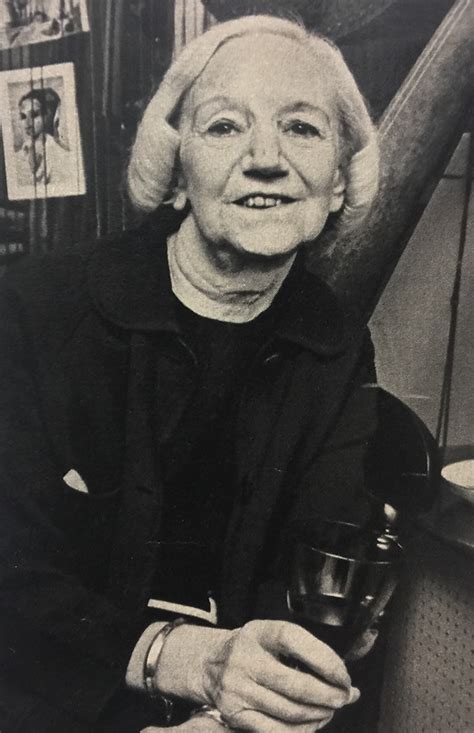A Quote by Ralph Waldo Emerson
I believe it is the conviction of the purest men, that the net amount of man and man does not much vary. Each is incomparably superior to his companion in some faculty. His want of skill in other directions, has added to his fitness for his own work.
Related Quotes
In science men have learned consciously to subordinate themselves to a common purpose without losing the individuality of their achievements. Each one knows that his work depends on that of his predecessors and colleagues, and that it can only reach its fruition through the work of his successors. In science men collaborate not because they are forced to by superior authority or because they blindly follow some chosen leader, but because they realize that only in this willing collaboration can each man find his goal.
It is God's earth out of which man is taken. From it he has his body. His body belongs to his essential being. Man's body is not his prison, his shell his exterior, but man himself. Man does not "have" a body; he does not "have" a soul; rather he "is" body and soul. Man in the beginning is really his body. He is one. He is his body, as Christ is completely his body, as the Church is the body of Christ
It is obvious that Paul did not regard prayer as supplemental, but as fundamental-not something to be added to his work but the very matrix out of which his work was born. He was a man of action because he was a man of prayer. It was probably his prayer even more than his preaching that produced the kind of leaders we meet in his letters.
After an inferior man has been taught a doctrine of superiority he will remain as inferior as he was before his lesson. He will merely assume himself to be superior, and attempt to employ his recently-learned tactics against his own kind, whom he will then consider his inferiors. With each inferior man enjoying what he considers his unique role, the entire bunch will be reduced to a pack of strutting, foppish, self-centered monkeys gamboling about on an island of ignorance. There they will play their games under the supervision of their keeper, who was and always will be a superior man.
Where no man thinks himself under any obligation to submit to another, and, instead of co-operating in one great scheme, every one hastens through by-paths to private profit, no great change can suddenly be made; nor is superior knowledge of much effect, where every man resolves to use his own eyes and his own judgment, and every one applauds his own dexterity and diligence, in proportion as he becomes rich sooner than his neighbour.
The man has a curious inborn conviction of his own superiority which is quite unshakeable. All his life he has bullied and browbeaten those around him by his high-and-mightiness and his atrocious temper. As a boy he terrorized his entire family by his tantrums, when, if thwarted, he would throw himself on the floor and yell till he went blue in the face. It has been much the same ever since. Everyone's terrified of his rages. He has only to start grinding his teeth, and people fall flat before him.
In whatever area in life one may meet the challenges of courage, whatever may be the sacrifices he faces if he follows his conscience - the loss of his friends, his fortune, his contentment, even the esteem of his fellow men - each man must decide for himself the course he will follow. The stories of past courage can define that ingredient - they can teach, they can offer hope, they can provide inspiration. But they cannot supply courage itself. For this each man must look into his own soul.
If you can impress any man with an absorbing conviction of the supreme importance of some moral or religious doctrine; if you can make him believe that those who reject that doctrine are doomed to eternal perdition; if you then give that man power, and by means of his ignorance blind him to the ulterior consequences of his own act,-he will infallibly persecute those who deny his doctrine.










































